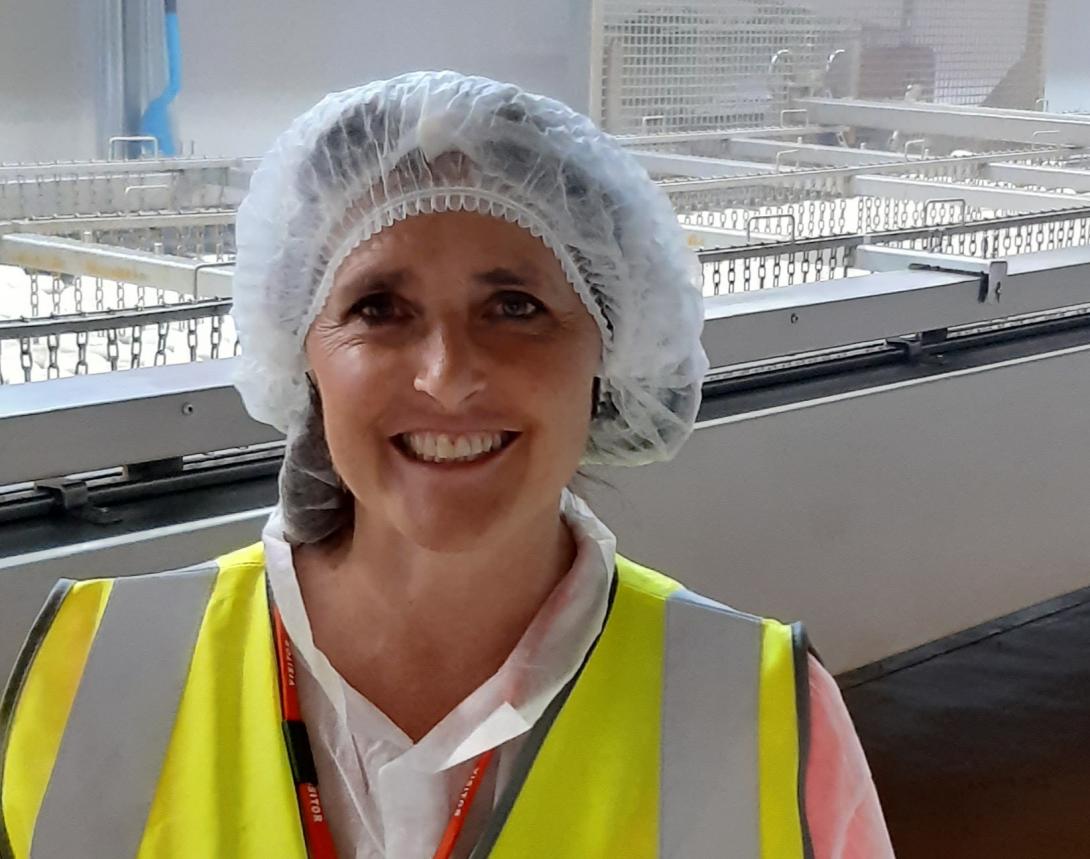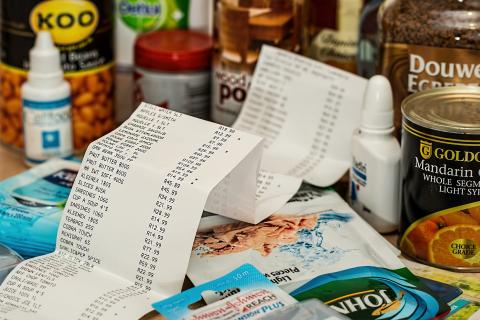24 May 2022
How are businesses responding to the cost of living crisis?

Blog by Roz Salik
At The Food Foundation we wanted to hear about the impact of the cost of living crisis on the organisations and businesses that we work with; so, what better way than to visit them in person!
As such I travelled to visit Greggs, a Peas Please pledger and Plating Up Progress business at their HQ and manufacturing site in Newcastle.
The Greggs Pledge are the ten things they are doing to help make the world a better place by 2025 and this drives decision making and communications across the business. At this time of cost of living crisis, I was most interested to find out how they are growing their Greggs Breakfast Clubs to support the most vulnerable schoolchildren and ensure a healthy start to their school day.
In the two decades since the programme began it has expanded due to the social need. Today, there are more than 690 Breakfast Clubs across the UK serving wholesome, free breakfasts to almost 40,000 children every school day – that’s 7.6 million meals a year. More recently they have seen a huge rise in applications from schools for a Breakfast Club, meaning there is now a waiting list. In addition to breakfast, every school is provided with fresh bread from their nearest Greggs shop: each year donating over 160,000 loaves of bread. As we confront the desperate economic challenges created by the cost of living crisis, Greggs recognise the need to support the UK’s most vulnerable children and by 2025 they intend to double their impact and provide 70,000 meals every school day.
Tackling food poverty through Breakfast Clubs and by donating unsold food to national charities and smaller, local organisations, Greggs are also enabling people in the UK’s more deprived areas to get their products at a big reduction. They currently have 22 Greggs Outlet shops around the UK where day-old food products are sold at a big reduction, helping people to spend less on food. These are all located in areas where social deprivation is high. They originally introduced Outlet shops to help avoid sending edible food to landfill. They've now recognised that these shops can do even more, with a share of profits generated from them donated to the Greggs Foundation which in turn passes it on to local community groups that are working to address food poverty.
The highlight of my day had to be the visit to the UK’s largest doughnut production site. Due to the rising cost and shortage of some food ingredients, Greggs currently face a challenge in securing a consistent supply of sustainable palm oil. Perhaps time to consider a baked doughnut instead?! What do you think?




